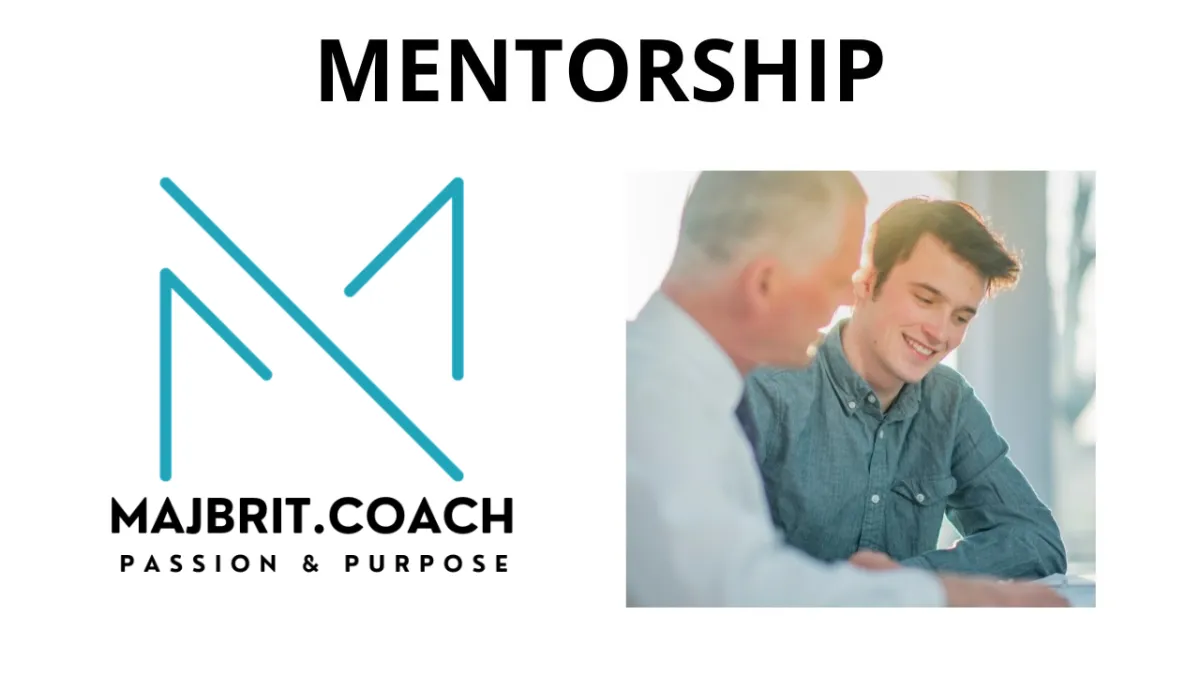
#10: Dos and Don’ts for Mentorship!
Being a mentor is a great way to give back to a community that needs your help. From teaching career-related skills to sharing tips and techniques for a hobby or other specialty, mentoring is an important way to pass down knowledge, traditions, and other vital information.
While you may be great at your skill, you may not have much experience mentoring or teaching. Not to worry - there are some basic Dos and Don’ts for mentorship.
Do: Define the criteria you have for a mentee. Just because someone wants a mentor, it doesn’t mean you’re the perfect fit. Set criteria for the types of mentees you want to work with so you can screen applicants for a good fit.
Do: Set the expectations for the mentorship clearly. Making sure you and your mentee are on the same page about expectations ensures the mentorship is a win-win. Define issues like how often you’ll be meeting, the scope and focus of the mentorship, and the duration of the mentorship so there is a clear understanding.
Do: Share more than your knowledge. Mentorships are more than sharing practical tools, tips, and best practices. Mentorships should also include sharing your resources - including connections. Helping your mentee bypass typical barriers can help them maximize their mentorship and position themselves for success.
Don’t: Assume you are covering everything. Your mentee may have needs you are unaware of. Be sure to ask questions to make certain you are sharing information that your mentee needs specific to their unique experience. You may have a lot of general information, but they may need something else you may not be aware of.
Don’t: End a mentorship too early or too late. Mentorships aren’t designed to last forever. Ending a mentorship too soon can result in frustration for the mentee. Be sure to keep the connection long enough to see consistent progress. Likewise, a mentorship can drag out too long. Be sure to look for signs that your mentee is ready to go solo or connect with another mentor for a fresh perspective.
Don’t: Forget to ask for feedback. As the mentor, you are considered the expert, but you can benefit from feedback, too. Hearing how your mentorship techniques resonate - or don’t - with your mentee can help you hone your teaching skills and make you a better mentor. Be sure to ask for periodic feedback to be sure you are making the impression and impact you want during the mentorship.
Being a mentor is an honor. It’s great to give back and make an impact on your profession or hobby. Being able to mentor someone effectively is a skill set of its own. Use these Dos and Don’ts as a guideline to be the best mentor you can be.
Whenever you are ready for the next level I can help you in 2 different ways:
Grab my Online Courses in the Store
Work with me 101 - Unlock Your Legacy Now with Certified High Performance Coaching!
